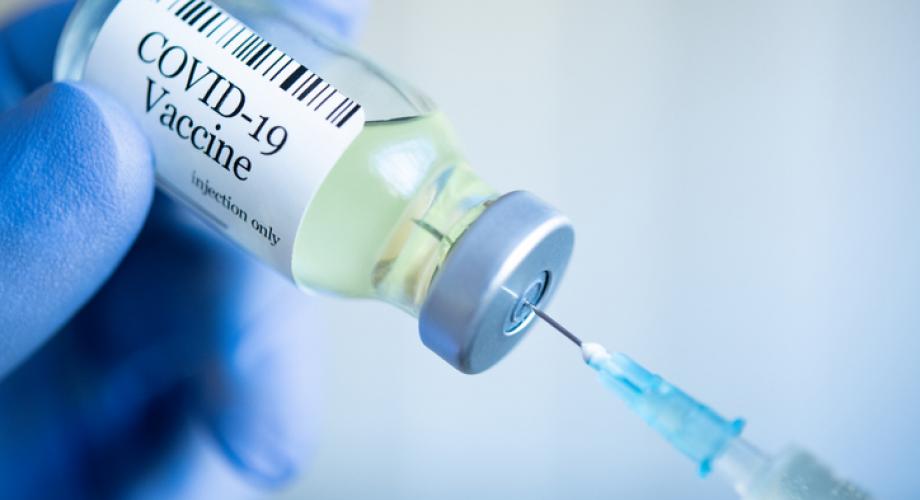Anticipation for the COVID-19 vaccine is quickly growing following the Food and Drug Administration’s (FDA) December 11 approval of an emergency use authorization for the first vaccine candidate. Healthcare workers across the country received the first doses just days later, but many are questioning where they, or their profession, falls in the vaccine distribution plan.
The same is true for the apartment industry. Since the COVID-19 pandemic hit the U.S. in March 2020, residential property management staff have been on the frontlines, keeping their residents safe at home and ensuring rental housing remains operational. These industry professionals are doing important work as essential workers and should be given priority in the next phase of the vaccination program. Maintenance professionals, many of whom are people of color and have been disproportionately affected by COVID-19, are in most need of protection from the virus, given their close contact with residents in their homes.
At the highest levels, federal agencies have been coordinating with manufacturers on the production and delivery of the vaccine for months through Operation Warp Speed, and now millions of doses are being distributed to the states, upon the FDA’s issuance of an emergency use authorization. According to Advisory Committee on Immunization Practices (ACIP) guidance from the U.S. Centers for Disease Control and Prevention (CDC), “vaccination in the initial phase of the COVID-19 vaccination program (Phase 1a) should be offered to both 1) health care personnel and 2) residents of long-term care facilities.”
At its next emergency meeting, scheduled for December 20, the ACIP is expected to approve its recommendations for Phase 1b and 1c and recommend prioritization of essential workers per Cybersecurity and Infrastructure Security Agency (CISA) guidance, which includes rental housing industry professionals, in light of National Apartment Association (NAA) and National Multi Housing Council (NMHC) advocacy. While this recommendation would be welcome news if approved and adopted as guidance for states, more work must be done to ensure that on-site staff receive states’ allocations of the vaccine.
The agency’s guidance is influential but not binding. Even with all of the federal government’s planning, initial allocations of the vaccine will fall short in terms of vaccinating tens of millions of frontline workers and high risk Americans, and states already have plans for set asides within CDC’s broad categorizations to meet their own unique needs. According to the New York Times, Arkansas, for example, has proposed including workers in its large poultry industry, while Colorado wants to include ski industry workers who live in congregate housing.
The Atlantic cites research in their reporting which found 70 percent of American workers can be defined as essential and 42 percent as frontline workers that directly interact with the public. This makes it all the more challenging for the countless lobbyists and advocacy organizations that are vying for dedicated allocations of the vaccine for their industry at the federal level.
We must build a groundswell of support for the rental housing industry to separate us from the crowded field. NAA urges its affiliate network to reach out to the governor in their state to ensure that property management staff are given priority in distribution of the vaccine. They are the ultimate decision-makers. To assist in these efforts, NAA is putting together a letter template to use in your advocacy. For more information, contact Nicole Upano, Director of Public Policy.
